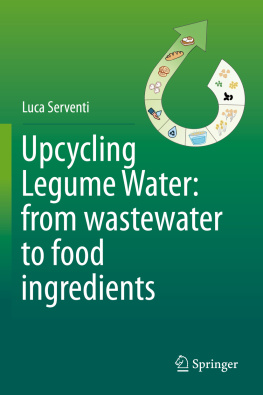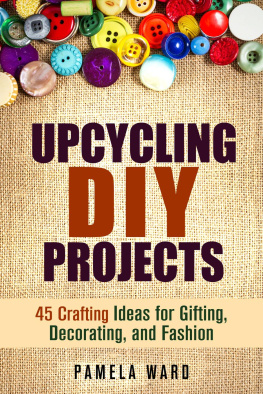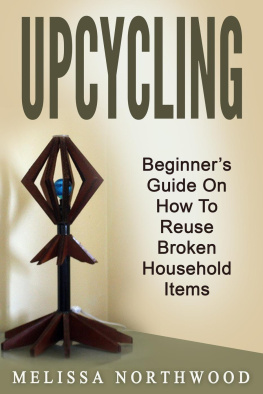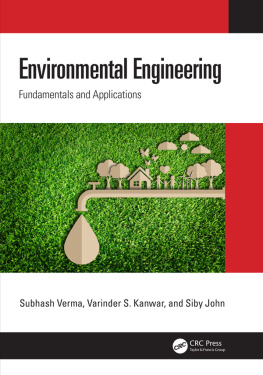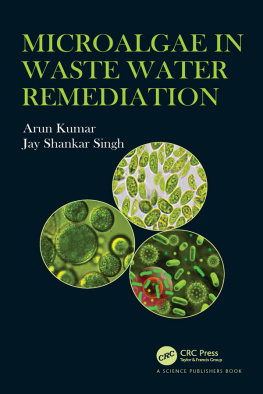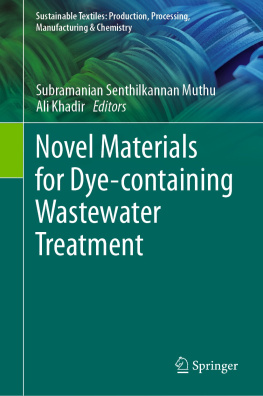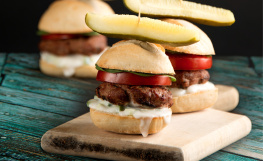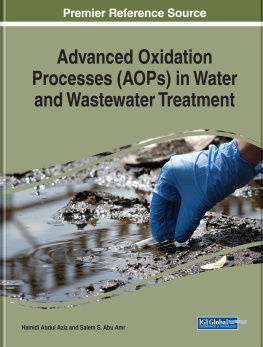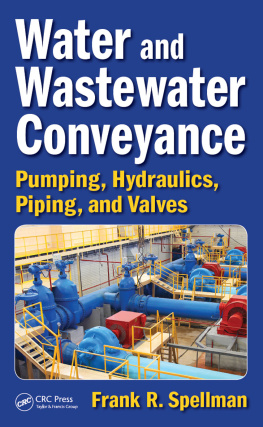Luca Serventi - Upcycling Legume Water: from wastewater to food ingredients
Here you can read online Luca Serventi - Upcycling Legume Water: from wastewater to food ingredients full text of the book (entire story) in english for free. Download pdf and epub, get meaning, cover and reviews about this ebook. year: 2020, publisher: Springer International Publishing, genre: Children. Description of the work, (preface) as well as reviews are available. Best literature library LitArk.com created for fans of good reading and offers a wide selection of genres:
Romance novel
Science fiction
Adventure
Detective
Science
History
Home and family
Prose
Art
Politics
Computer
Non-fiction
Religion
Business
Children
Humor
Choose a favorite category and find really read worthwhile books. Enjoy immersion in the world of imagination, feel the emotions of the characters or learn something new for yourself, make an fascinating discovery.
- Book:Upcycling Legume Water: from wastewater to food ingredients
- Author:
- Publisher:Springer International Publishing
- Genre:
- Year:2020
- Rating:4 / 5
- Favourites:Add to favourites
- Your mark:
- 80
- 1
- 2
- 3
- 4
- 5
Upcycling Legume Water: from wastewater to food ingredients: summary, description and annotation
We offer to read an annotation, description, summary or preface (depends on what the author of the book "Upcycling Legume Water: from wastewater to food ingredients" wrote himself). If you haven't found the necessary information about the book — write in the comments, we will try to find it.
Luca Serventi: author's other books
Who wrote Upcycling Legume Water: from wastewater to food ingredients? Find out the surname, the name of the author of the book and a list of all author's works by series.
Upcycling Legume Water: from wastewater to food ingredients — read online for free the complete book (whole text) full work
Below is the text of the book, divided by pages. System saving the place of the last page read, allows you to conveniently read the book "Upcycling Legume Water: from wastewater to food ingredients" online for free, without having to search again every time where you left off. Put a bookmark, and you can go to the page where you finished reading at any time.
Font size:
Interval:
Bookmark:
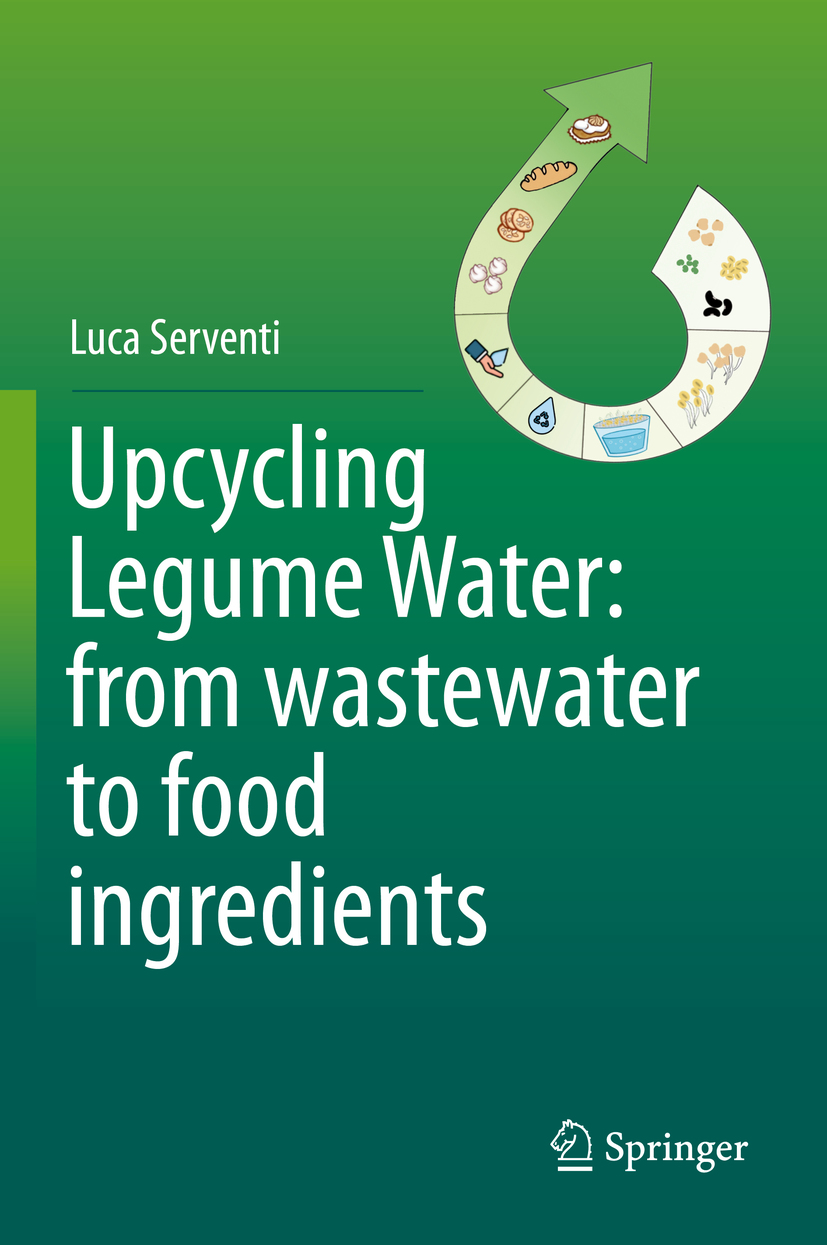

This Springer imprint is published by the registered company Springer Nature Switzerland AG
The registered company address is: Gewerbestrasse 11, 6330 Cham, Switzerland
To my love, Lindy, I dedicate this book
Food manufacturing generates wastewater. The legume industry contributes to this environmental issue with the processing of legume seeds into food products. Current technologies result in nutrient loss and environmental damage.
Therefore, upcycling legume wastewater should become a common practice in the food industry of the future. Recycling by-products into value-added food ingredients can maintain nutrients in the food chain and reduce the load on the environment.
From waste to food ingredients, the proposed innovation is to reduce waste, to optimize the use of natural resources and to add value to product development. New exciting opportunities await the future generations of food innovators.
Soaking, boiling and sprouting are processes needed to transform dried legumes into foods and food products such as soymilk, tofu, hummus and sprouts. Large volumes of liquid by-products are generated and must be treated prior to dismissal into the environment, thus raising production costs for the food industry. In addition, wastewater contains nutrients that are lost from the food chain. Water and soluble nutrients are becoming scarce due to an increasing world population, and it is critical to optimize food manufacturing.
An alternative to waste treatment is upcycling, a concept of circular economy. Circular economy proposes to reuse all resources involved in manufacturing by recycling and/or upcycling. Upcycling refers to the process of finding a new use for by-products, with higher value than the raw material. Legume wastewater includes the liquids discarded from soaking, cooking and sprouting of legumes, and, in this book, it is called Liluva. Liluva used to be an environmental concern, but in the context of circular economy, it is an exciting opportunity for sustainable food production.
Upcycling Liluva in food ingredients is proposed in this book. Chapters.
To the best of my knowledge, this book is a world first because it is the result of teaching. Data collection and writing have been achieved through research essays and research placements. The contributors, at the time of their work, are six bachelor students, four postgraduate diploma students, seven taught master students and two faculties (including me). Now, they are off to industry jobs and further studies.
This book is thought for innovators and product developers in the industries of food, food ingredients, nutritional supplements and bioplastics. It is also directed to schools and universities to teach recycling and upcycling of food, with a focus on legume water (Liluva). I hope that you enjoy this book, be inspired by it and pass on that spark of optimistic innovation to the next generations.
This book represents my passion for food science, innovation and exploring the world. In 2015, these motivations took me to a small town of New Zealand, Lincoln, to teach at a local university. Here, I met people who changed my life and showed me the way. Four years later, the discoveries made with students, colleagues and friends are staggering. Its about time to share them with the world, academic and industrial, to impact how we make food. I believe that upcycling Liluva (legume wastewater) is a great way to promote sustainability and health and to improve our lives.
All of this was possible because of the unconditioned support of my parents, best friends and love. Thank you mom and dad, for encouraging my journey. Thank you Thomas Corradi, Ben Yeap, Bryan Finfrock, Michael Finfrock, Missy Utz-Finfrock, Dr Venkata Chelikani and Dr Federico Tomasetto, for being the wise, reliable friends who give me certainties. Thank you Lindy, for your love.
To all of you I say: Grazie di cuore!
Font size:
Interval:
Bookmark:
Similar books «Upcycling Legume Water: from wastewater to food ingredients»
Look at similar books to Upcycling Legume Water: from wastewater to food ingredients. We have selected literature similar in name and meaning in the hope of providing readers with more options to find new, interesting, not yet read works.
Discussion, reviews of the book Upcycling Legume Water: from wastewater to food ingredients and just readers' own opinions. Leave your comments, write what you think about the work, its meaning or the main characters. Specify what exactly you liked and what you didn't like, and why you think so.

